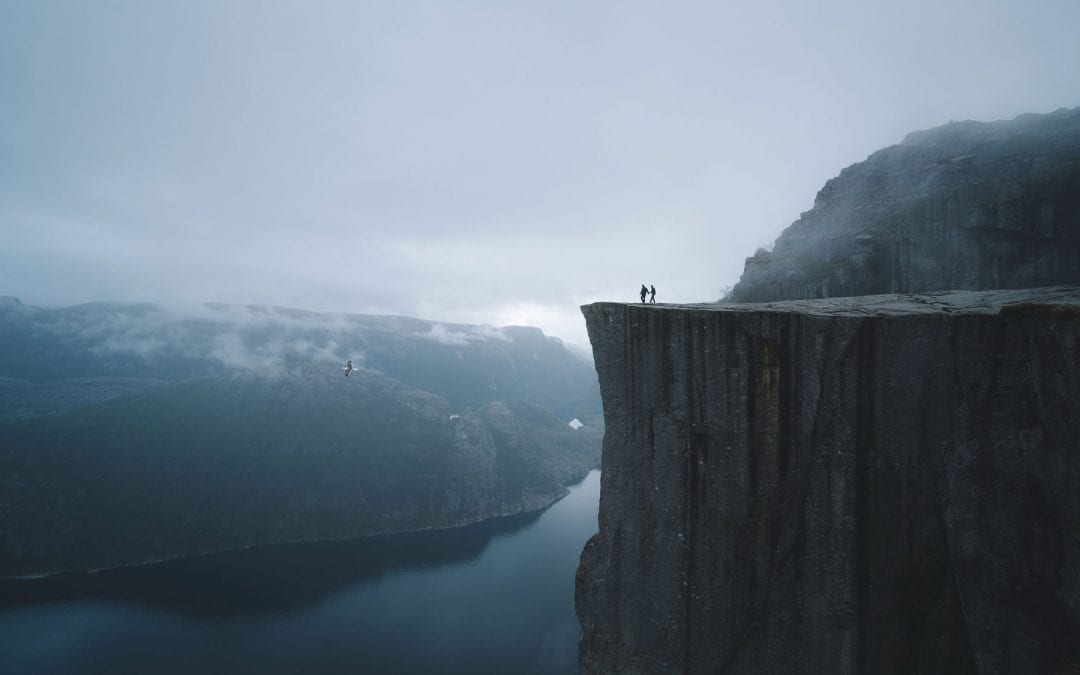
Courage
Courage
‘Courage doesn’t always roar, courage is the quiet voice saying that I will try again tomorrow’
Runners are a dedicated bunch: they’ll run in the pouring rain, when it’s below freezing and when it’s blazing hot. They often feel that they need to run even when they’re injured or feeling under the weather. They don’t want to miss a single run and think that they need to be tough and “train through” the discomfort. More often than not, though, training when you’re not feeling well is counter-productive.
Leading up to the Llyn Ultra, training post the 3 Peaks Yacht Race had been frustrating. When I was out running I had been feeling as if I was wearing an invisible 15kg weight vest. i felt slow, I struggled to keep up with my running friends and I blamed it on not training enough, not being dedicated enough and as a result I had been unmotivated and disappointed about that, as if somebody had put the brakes on. Was I slipping slowly away from the world of ultra running? Was I falling out of love with this sport? Unfortunately, I had not the most ideal training preparation for this event. There were good training days and bad – more bad days if I’m completely honest. Trying to fit in training with a busy working life was quite difficult and was a challenge in itself – as I’m sure many would agree.
Was I ready for this challenge? I honestly did not know. I had 2 months left of training before tackling 150 miles 10,000 metres elevation in 3 days.
I needed to change my training or bring something fresh into it or do something because at that time, I felt I was going backwards.
When I feel unmotivated I make a point of running extra sessions with friends. Most weeks I go out and do my long runs on my own, give or take a few times when I arrange to meet a friend for a run. However over the summer of 2017, the thought of getting out there for long 3 hours + back-to-back runs was looming over me. Every session was a struggle I just wanted to be back in the comfort of my home with my baby. I have run thousands of miles on my own but recently I was dreading the physical challenge before me and honestly couldn’t wait until it was over.
So I decided to arrange to meet my running friends and we’d immediately disregarded all complaints and decided on what would be next on the agenda – which race we’d sign up for next. Because after any run — whether it’s 10 minutes or three hours — I felt incredibly energetic and optimistic having spent the last mins or hours in company of friends and strangers who happened to run. I started to enjoy my running again.
Running, more so than any other workout I do, makes me feel really accomplished, since it’s only you and your mind once you start.
But sometimes you need to make that initial meeting when you’re feeling the blues because having a running buddy there by your side is just the thing you need to keep you from stopping and giving up. By making arrangements it also forces me to get up at 5am to get those miles in as I prefer to get the long runs completed before my day starts.
Gone are the days where I just could head out to run with no idea of how long or far I’d be out. I’ve now, as a mother, been forced to get smarter with my running. I’m no longer able to waste my time running “empty” miles. Now, each mile has to have a purpose. And the drive sometimes? To get home asap so as to get a good warm ‘cwtsh’ / cuddle from my little boy on my return
I feel very lucky to have met the people I have through running, and truly have made some of the best friends through a love of this crazy sport. I am certain that this is true for many runners out there, I see it in photos, at races, through stories. This got me thinking as to why, what is it that allows us to have such great relationships?
For me one of the amazing things that happens when people meet for a run is everything gets left behind, your background, your job, your age, your gender. None of it is relevant. Running is an open sport for everyone, it doesn’t matter if you have a lot or a little bit of money, whether you have a university qualification or left school at 16, all you need is a pair of trainers & a passion for running. This alone encourages us to speak to people we might not normally, it breaks down any perceived social barriers. We are all the same at the start of a run.
Running is such a simple act, but it’s very dynamic and complex as well. One, I love the freedom of just getting away from things, putting on a pair of shoes and just busting it out. I love the physicality of it. Some of the challenges I take on, recently I ran a 50-mile foot race on trails, just the grittiness of it—it’s kind of a self-confrontation if you will, it’s pushing past your perceived limitations and persevering. And I like that in a challenge.
I have tough days as well. But those are the days that teach you to be brave.



Recent Comments